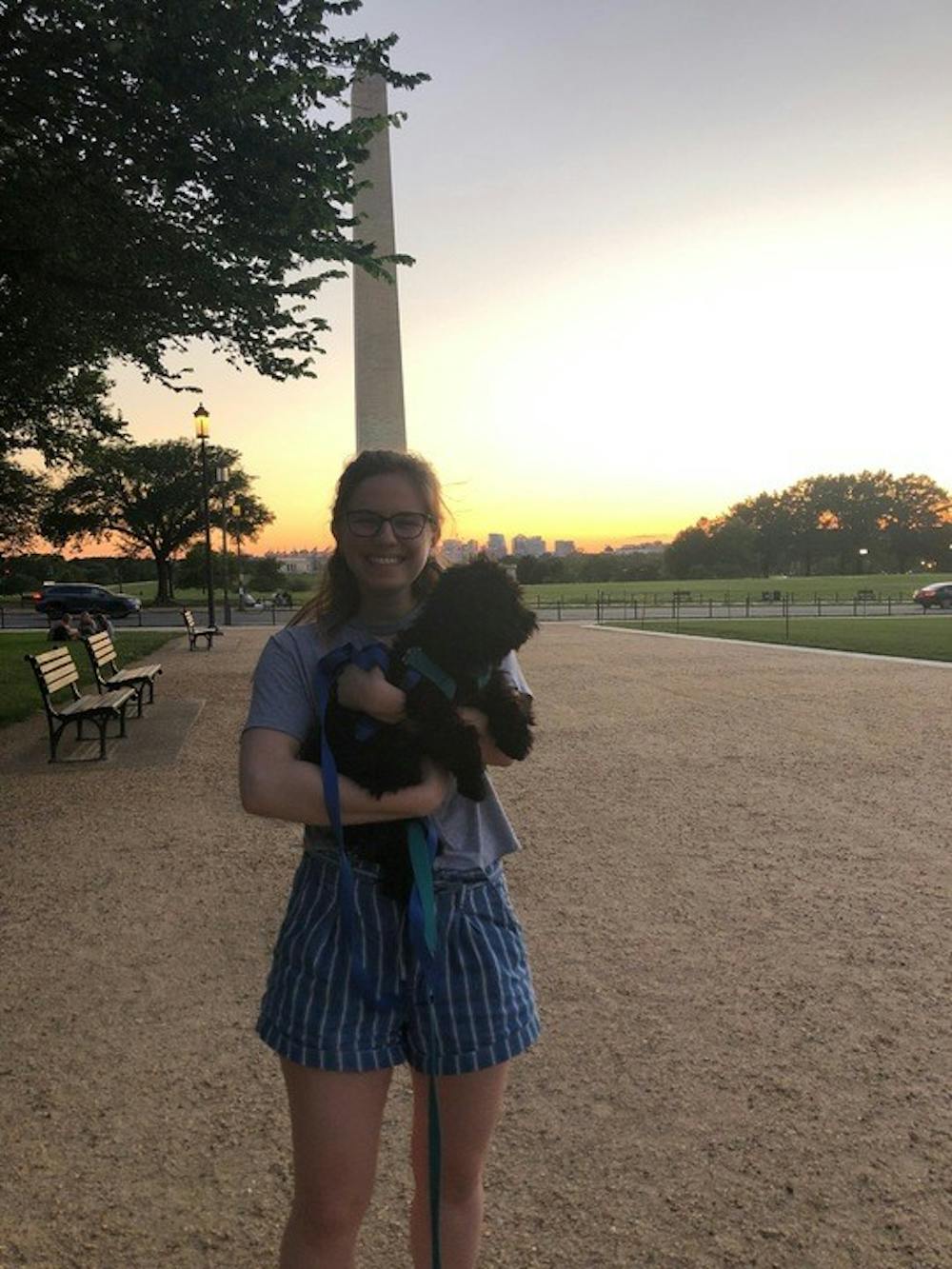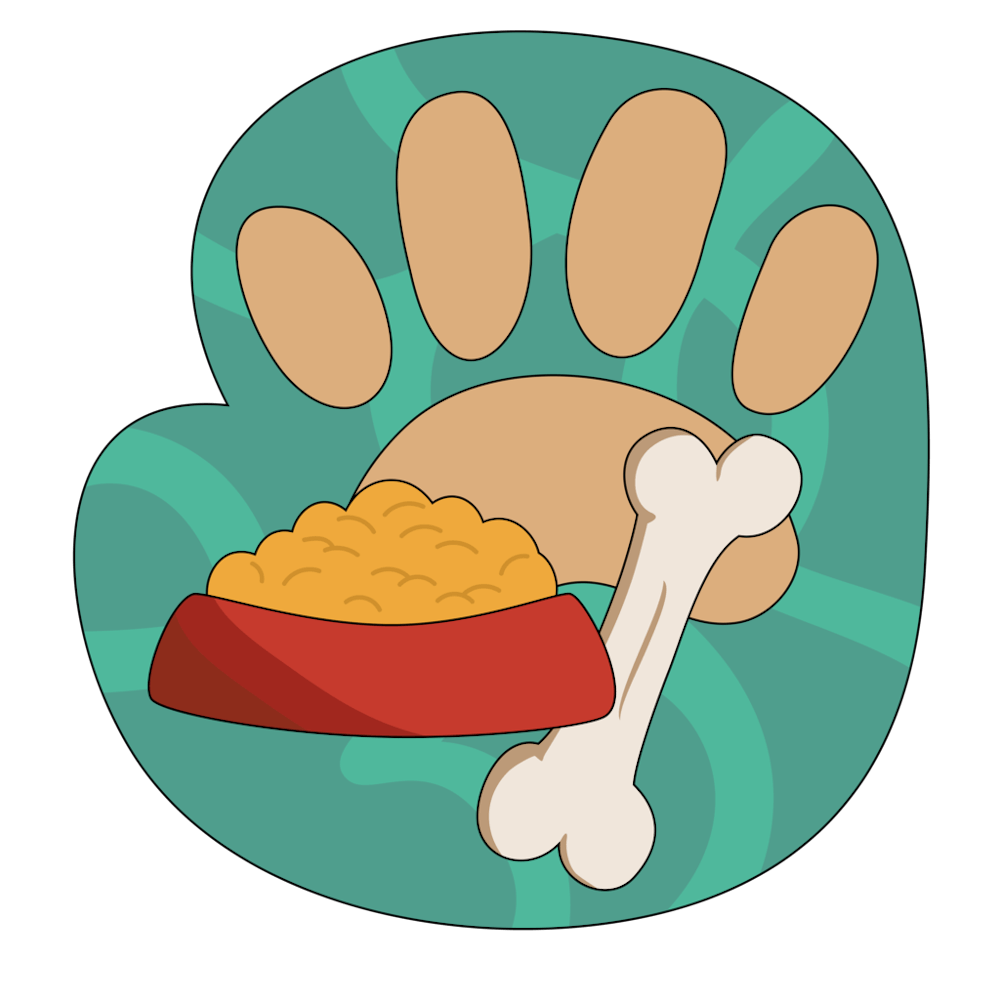Quarantine has certainly sprouted a lot of trends. Whipped coffee and Tiger King feel like relics of the past, replaced by tie–dye sweatsuits and the Netflix show Unsolved Mysteries. One quarantine trend, however, might just stick around long after COVID–19 is relegated to the diseases–of–the–past archive: pet adoption.
Miriam Minsk (E ‘21) was shipped back home to Chevy Chase, Maryland when Penn shut down due to COVID–19 in March. Stuck in the house with her parents and two siblings, her family felt like something was missing. In the beginning of April, they adopted Pepper, a seven–month–old black goldendoodle.

In the second half of March, traffic on Petfinder.com, an online database of animals in need of homes, increased by 43 percent and inquiries about pet adoption increased by 116 percent. Owning a dog can stave off quarantine boredom and force you to get up off the couch to go on walks a couple times a day. But the health benefits of becoming a dog owner, especially during a stressful time, go far beyond just companionship. Owning a dog is correlated with reduced stress hormones, a stronger immune system, and lower blood pressure and cholesterol.
The coronavirus pandemic and resulting economic recession have sent Americans into increasing levels of anxiety and depression. At the same time, an increase in pet adoption might just be helping keep thousands of people healthy and happy while the world is turned on its head.
Steve Leslie, co–founder of Wet Nose Rescue, a Philadelphia–based dog rescue center, says that the quarantine–related spike in pet interest is quite evident. While Leslie would normally receive 30 to 40 applications for dog adoption in a month, over the past month he has received over 400. Wet Nose Rescue saves dogs from a high–kill shelter in South Carolina, so this spike has given new lives to many at–risk puppies. There are not unlimited dogs, however, and Leslie wants to make sure they go to families who are in it for the long run. He hopes to avoid situations in which people want to return the pets when quarantine ends and families are back to work and school. For that reason, “We’re very careful in the applications we look at,” he says.
Miriam will return to Penn in the fall, leaving Pepper in the hands of her parents back in Chevy Chase. But until then, she says her quarantine days are much better with a dog in them.
“She’s really fun to hang out with and take on walks. I think it’s just been something my family has bonded over which has been good,” Miriam says.
While the Tiger King and tie–dye phases of quarantine have for the most part come and gone, the pet adoption hype will have positive consequences that last far beyond COVID–19. Experts are weary about pet–returners, come the end of the pandemic, but the hope is that families who adopted pets integrate them into their lives for the future. As the world opens back up in the months and years to come, quarantine puppies like Pepper have now found lifelong homes.

